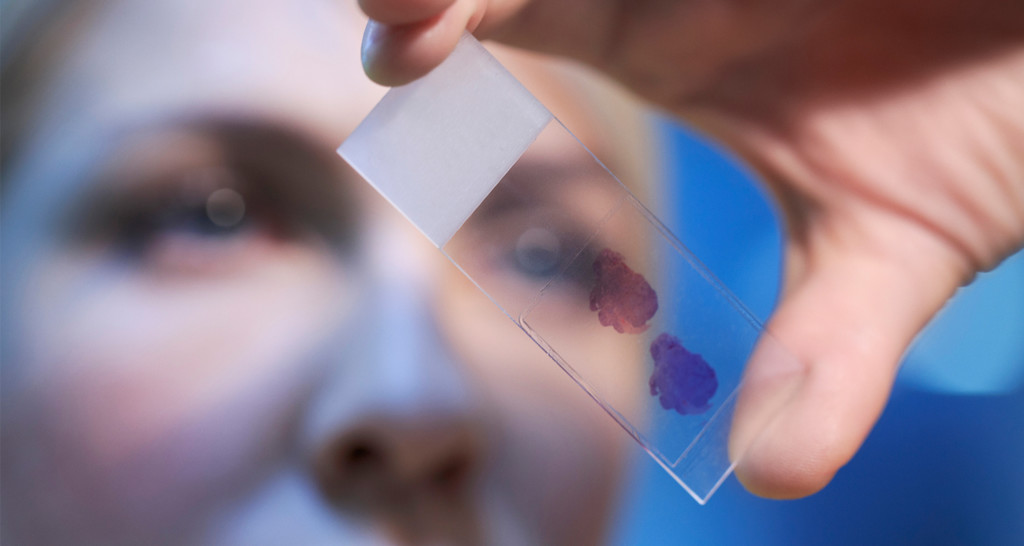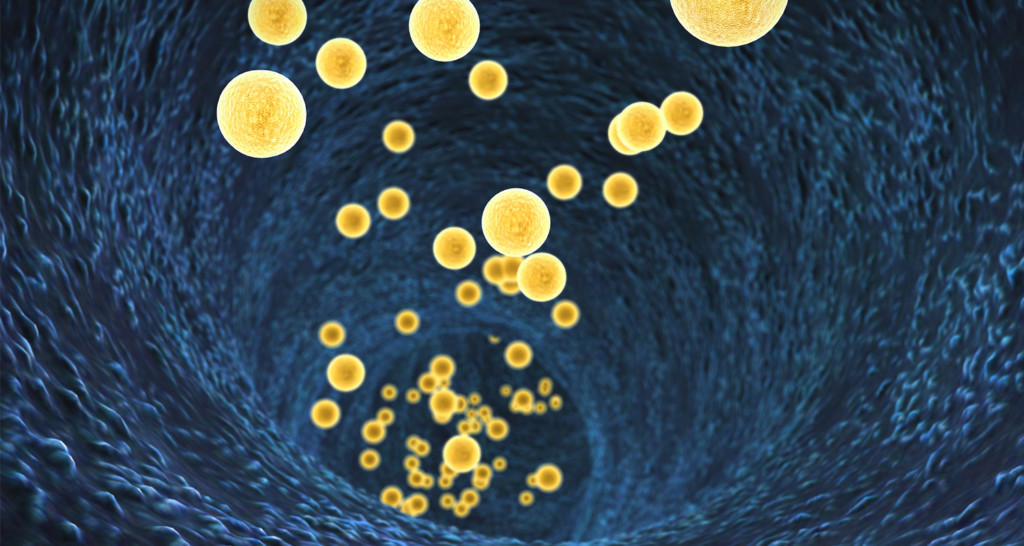
[tldr]
- According to a meta-analysis of 30 studies and nearly 1.2 million participants, drinking three to four cups of coffee a day reduces your risk of type 2 diabetes.
- The magic happens thanks to the compounds in the coffee, not necessarily the caffeine content. So, you’ll benefit from both decaf and full-strength java.
- You should drink coffee for a bunch of other reasons, too. This superfood reduces inflammation, provides your body with antioxidants, and helps you stay focused — especially when you make it Bulletproof.
[/tldr]
If you drink Bulletproof Coffee, you already know that coffee is a superfood. Coffee is loaded with essential nutrients and antioxidants,[ref url=”https://nutritiondata.self.com/facts/beverages/3898/2″] and studies show that coffee raises your metabolism and makes you smarter.
Research has uncovered yet another win for your daily brew: Drinking three to four cups of coffee a day reduces your risk of developing type 2 diabetes, according to a meta-analysis published in Nutrition Reviews.
Here’s what you should know about this latest research.
Coffee and diabetes: What the study found
In the meta-analysis, researchers suggest that some of the compounds in coffee that I write about in “The Bulletproof Diet” may have an impact on metabolism, your gut bacteria, and your brain.
Specifically, they found a reduction in risk of type 2 diabetes from daily coffee consumption. Here are a few key takeaways:
- Drinking 3 to 4 cups of coffee per day is associated with 25% lower risk of developing type 2 diabetes.
- The authors concluded that coffee’s benefits primarily come from its natural compounds, not caffeine content.
- However, the risk reduction was slightly higher in caffeinated coffee. Drink caffeine in the morning and switch to decaf in the afternoon.
- The review was culled from over 30 prospective studies and nearly 1.2 million participants.
Of course, correlation doesn’t equal causation. It’s possible that people who were less likely to get diabetes simply happened to drink more coffee. At the same time, the findings from this analysis complement everything we already know about the benefits of coffee.
For instance, coffee contains cafestol and kahweol — potent anti-inflammatories. Studies show that chronic inflammation is linked to metabolic disorders like type 2 diabetes, as well as cardiovascular disorders.[ref url=”https://www.sciencedirect.com/science/article/pii/S000291490502028X”]That means drinking coffee helps curb inflammation, which reduces your risk of chronic disease.
Related: How to Reverse Diabetes Without Medication
Other important benefits of coffee
The authors point at a few possibilities to explain why coffee reduces the risk of type 2 diabetes: It increases your metabolism, reduces oxidative stress, fights inflammation, feeds your good gut bacteria, and may even regulate blood sugar.
When you eat, your body turns the sugar in your food into glucose. People with diabetes have a harder time keeping their glucose levels in normal range.[ref url=”http://www.diabetes.org/living-with-diabetes/treatment-and-care/blood-glucose-control/factors-affecting-blood-glucose.html”] Caffeine impacts adenosine, a neurotransmitter that makes you sleepy. Research suggests that adenosine receptors may play a role in lowering blood glucose levels.[ref url=”http://www.njecbonline.org/article.asp?issn=2348-053X;year=2016;volume=4;issue=2;spage=35;epage=41;aulast=Alagbonsi”]
What’s more, you can amplify the benefits of coffee when you blend it with grass-fed butter and Brain Octane Oil, a form of upgraded MCT oil. It’s an easy way to hack intermittent fasting and still reap all the detoxifying, mind-clearing benefits of autophagy. Read more about that here.
The biohacker’s takeaway
In the interest of full disclosure, it’s important to note that this investigation was partially funded by the Institute for Scientific Information on Coffee (ISIC), a nonprofit that studies coffee and health. The organization is backed by major European coffee companies like Lavazza and Nestlé. The author says that the funding did not affect the findings.
The hallmark of academic research is to come to a conclusion and then say “more studies are needed until you do anything with this information.“ As a biohacker, I’m going to use all new information to correct my course of action over time. Even though I’m going to live way longer than average (180 is my goal), I don’t have time to wait until “more studies“ are completed to the satisfaction of academic researchers protecting their careers by continuously asking for more studies.
So no, we cannot yet conclusively say that coffee causes a reduced risk of type 2 diabetes. However, I’m going to keep drinking it for a whole bunch of different reasons. I will continue to drink one or two cups of decaf in the afternoon and evening, which I added to my regimen to reduce inflammation after the research in my last book on mitochondria, “Head Strong.” Learn more about why you should hack your mitochondria.
Oh, and drink more coffee. It’s good for you.












